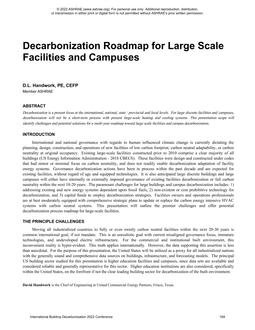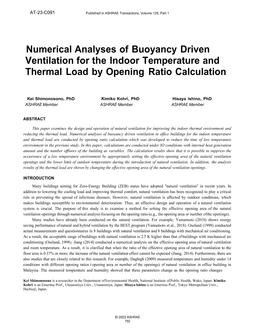
HO-82-17-3 — Human Engineering–The Man/System Interface
Making the man/system interface dialogue truly understandable is indeed a challenge of the 80’s. Making the system user friendly takes more than just adding the English language to the man/system interface. There are many, many new features the man/system interface can use such as color, graphics, touch screens, special keyboards, light pens, voice recognition, and voice synthesis. There are now smart terminals, dumb terminals, and specialized displays of all types. The existence of these features does not conclude that the man/system interface is improved. Only proper application in a proper situation will make the system more user friendly. The software architecture which drives these different devices has ap opportunity to yield an even greater improvement. The proper software architecture will give quicker response to the operator, as well as better and more meaningful displays, and will react to the operators’ actions much more quickly. The needs of the interfacing human must be understood and engineered into the computer from the beginning. Incorporating such features as computer-aided instructions, where the computer actually teaches operators how to do their job, is a step in making the system very friendly. The option between long input form or short form where the computer prompts the operator, or the operator has the freedom to only type exactly what has to be typed, enhances the utility of the interface. Input data diagnostics and error correcting software can be designed into the system in order to decipher the errors that the operator may have made, and to make the correction of these errors automatically. Indeed, much can be done.
Product Details
- Published:
- 1982
- Number of Pages:
- 5
- File Size:
- 1 file , 530 KB
- Product Code(s):
- D-HO-82-17-3
- Note:
- This product is unavailable in Russia, Belarus


